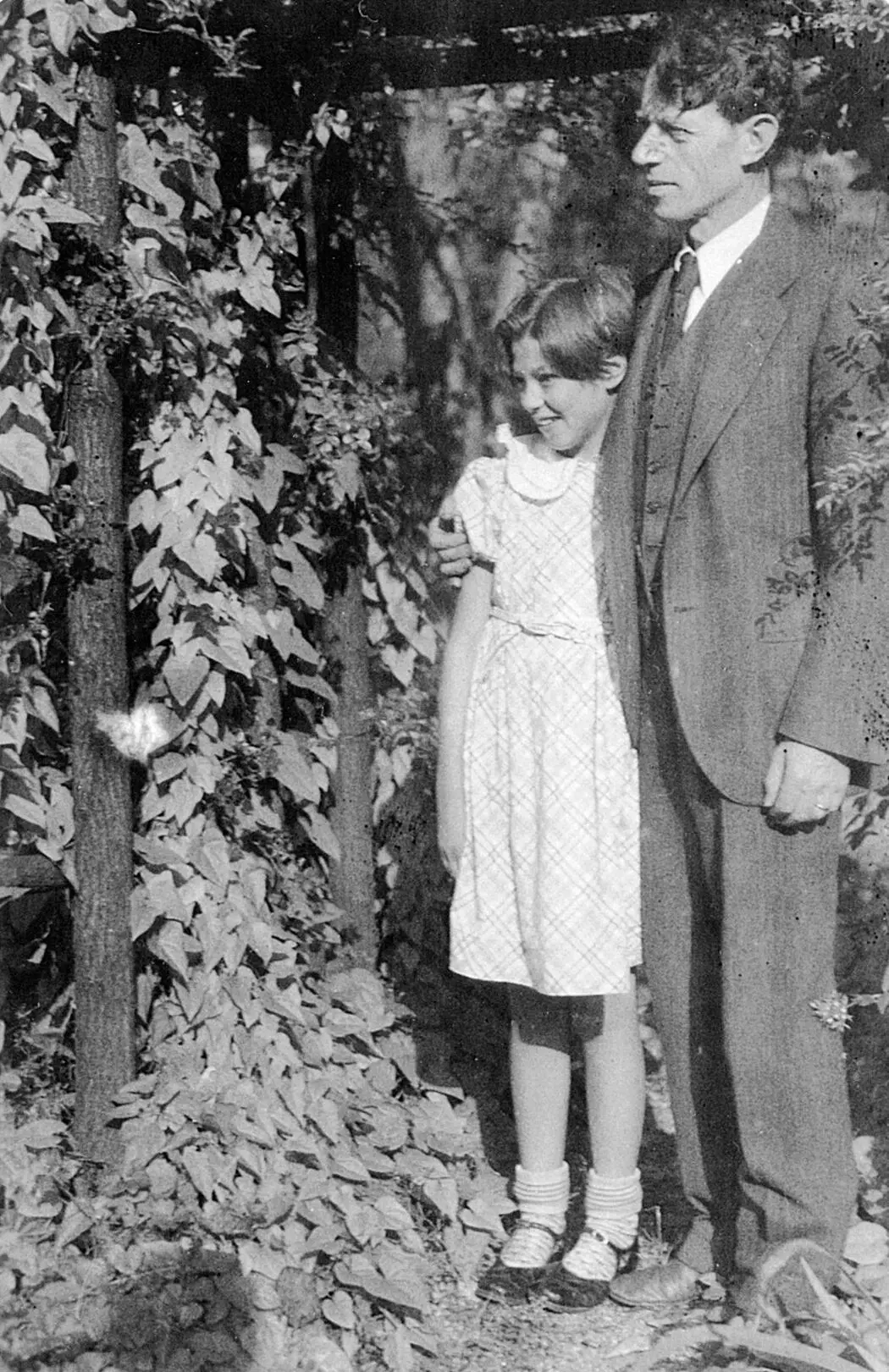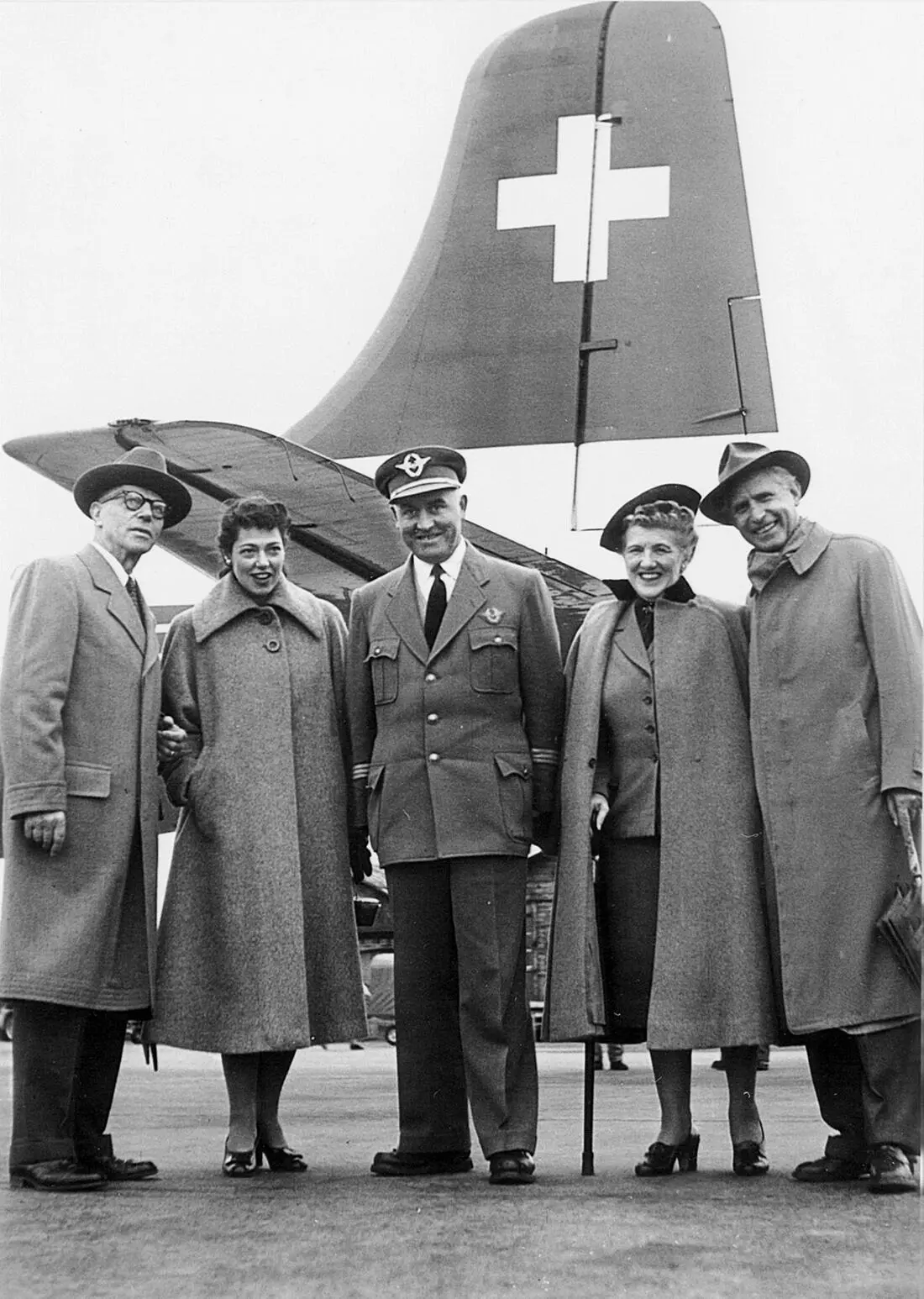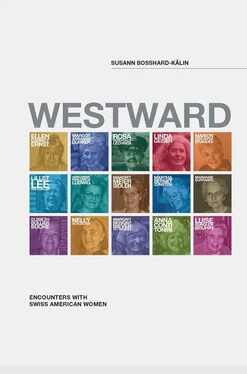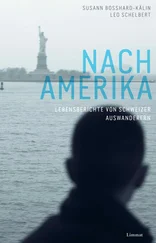Leo Schelbert - Westward
Здесь есть возможность читать онлайн «Leo Schelbert - Westward» — ознакомительный отрывок электронной книги совершенно бесплатно, а после прочтения отрывка купить полную версию. В некоторых случаях можно слушать аудио, скачать через торрент в формате fb2 и присутствует краткое содержание. Жанр: unrecognised, на английском языке. Описание произведения, (предисловие) а так же отзывы посетителей доступны на портале библиотеки ЛибКат.
- Название:Westward
- Автор:
- Жанр:
- Год:неизвестен
- ISBN:нет данных
- Рейтинг книги:3 / 5. Голосов: 1
-
Избранное:Добавить в избранное
- Отзывы:
-
Ваша оценка:
- 60
- 1
- 2
- 3
- 4
- 5
Westward: краткое содержание, описание и аннотация
Предлагаем к чтению аннотацию, описание, краткое содержание или предисловие (зависит от того, что написал сам автор книги «Westward»). Если вы не нашли необходимую информацию о книге — напишите в комментариях, мы постараемся отыскать её.
Westward — читать онлайн ознакомительный отрывок
Ниже представлен текст книги, разбитый по страницам. Система сохранения места последней прочитанной страницы, позволяет с удобством читать онлайн бесплатно книгу «Westward», без необходимости каждый раз заново искать на чём Вы остановились. Поставьте закладку, и сможете в любой момент перейти на страницу, на которой закончили чтение.
Интервал:
Закладка:

“I had a special attachment to my father. He was certainly my first sweetheart.” (1933)
Margot then added: “For a long time it was very hard to be the daughter of a famous father. I felt uncomfortable when people praised him to me, or on the other hand, when more was expected from me because of his achievements. In seventh grade at school, in front of the whole class, the instructor corrected an error on my exam paper, saying ‘your father has designed the George Washington Bridge. And you cannot even add correctly.’ I wanted to fall through the floor. It took time and maturity to overcome this shyness and to find my own personality, my own life. We lived as Swiss, at least that’s how I thought of it then. The American children had more toys and fancier clothing, and their parents were less strict than ours. Our meals were simpler and more geared for health, with fresh vegetables and fruit from the garden and eggs and chicken from our own henhouse. In contrast, I had more books, had more vacation trips, more exposure to theatre, museums and later, opportunities of advanced education. I played with the neighbors, taking preference for the boy’s sports over the girl’s dolls and dresses. Often Swiss friends of my parents visited us. We led a simple life in a small rural town, as was commonplace in America in the 1920’s.”
At eleven years of age, from one day to the next, Margot had to learn to be independent. “In 1930, my mother was operated for breast cancer. However the cancer had already spread. Mother never complained. I somehow sensed the seriousness of her condition and remember praying for her recovery. After many weeks in the hospital, shortly before Christmas of 1933, she died. I reproached God, ‘When I prayed to You to let my mother get better, I did not mean for You to take her away from me.’ Her death was very hard for me to accept. Father was busy with his work at the Port Authority and often was in San Francisco as a consultant for the construction of the Golden Gate Bridge. A governess was engaged to manage the household, but she did not understand me, and my brothers were already independent and hardly had any time for me. During this sad time, in which I was very often alone, I lived in my own dreams and fantasies. I learned to think and discover my own interests. I collected stones and stamps. Dolls did not play any role in my life; the games of the neighborhood boys were more interesting.
“My first years of education were spent in a private school. I did not like it there at all. Every Wednesday morning we had to hear a formal lecture about God – and on holy matters such as fire and brimstone. As a child, this was very distressing. My strong protests were heard, and from the fourth grade onward to graduation from high school I could attend public school. Such a change! This opportunity of studying with children of different religions, colors and nationalities made a great difference in my life. To be one of the few of my classmates that could go on to further education left me with a sense of obligation and gratitude.” Margot was in the 8 thgrade when her father remarried. “My stepmother, whom I called ‘mother’, as indeed she was a second mother to me, was very concerned about my education. She even bought a Latin dictionary to help me with my homework. I had assumed that after high school I would be a secretary in father’s office, but my stepmother inspired and encouraged me go on to college.”
In her last year of high school, Margot was elected class president. “Today it is big news for a female to have that post,” she states, “but in those times both students and teachers were less conscious of role differences. I was used to studying in a mixed classroom. On the other hand it was unusual for a young woman to plan for any professional career other than that of teacher, nurse or secretary. Those who did continue their education were not really taken seriously.” Margot failed the College entrance exams in her last year of high school, but passed the following year and was admitted to Vassar College. That year interval was to have been spent in a Haushaltungsschule, a domestic management school, in Switzerland, but the outbreak of the Second World War cancelled this plan.
Vassar College, founded in 1861 in Poughkeepsie, NY, was the first all women’s college in America. In those days young women usually attended a finishing school, in preparation for marriage. However, Vassar was established with the dedicated goal of preparing women for independence and careers of their own beyond housewife and motherhood. Margot was eighteen years old and living in a women’s dormitory on college campus. It was her first time away from home. She dreamed of becoming a medical researcher, “to discover the cure for cancer. Our housemother advised me to get a medical degree before going into research work. I had no idea that this field would be open to women. When I presented this plan of four more years of tuition, father quietly said ‘Well, if that is what you want.’”
December 1941: In her second year at Vassar, Japan bombed American ships in Pearl Harbor. “This took away our innocence.” Several of her classmates quit their studies and married boyfriends leaving for military service. The rest of the class shortened the four years of study by skipping vacations, many then enlisting in jobs replacing the men that had left for military service. “Life for us suddenly became very serious, politically also. It was a shock. All of us had been born in the time between the wars. We suddenly felt very patriotic. Communication with friends and relatives in Switzerland was blocked. Our only contact with Europe was through the radio. Every evening at six o’clock we gathered around the radio to hear the news from England. Often in the background one could hear the explosion of bombs. On the morning we learned that Hitler had marched into Poland, mother and I went out to the garden to work off our distress. Thinking that father was already in the office, we were very surprised to find him also in the garden, weeding. He had heard the news on the way to the office and was too upset to go to work.”

“…, but I also had the feeling of truly being Swiss.” With her parents at Dübendorf airport… (1952)
After graduation from Vassar College, Margot began her medical studies in New York Medical College. “A whole new world opened up for me, and soon my goal turned from research to practicing medicine. I had observed that internists were prone to long discussions about medications and electrocardiograms and as I preferred to see some action, I aimed to become a surgeon.” After graduation in 1949, she continued her training in the specialty of Obstetrics and Gynecology. This was the ideal field for females to practice. It was less popular for the men, who often were uncomfortable in dealing with women’s problems and emotions. Her parents were considering retirement in Switzerland. So after her required training as intern and resident she worked in the Woman’s Hospital in St.Gallen, Switzerland. “With this I not only acquired further experience, but I also had the feeling of truly being Swiss. On weekends I was able to enjoy visiting various parts of Switzerland. Then my parents’ plans to retire to Switzerland were changed once again when father received an offer for one more irresistible project, the construction of the Verrazano Bridge in NY. With a newly established love for the homeland of my parents, I returned to New York.”
Читать дальшеИнтервал:
Закладка:
Похожие книги на «Westward»
Представляем Вашему вниманию похожие книги на «Westward» списком для выбора. Мы отобрали схожую по названию и смыслу литературу в надежде предоставить читателям больше вариантов отыскать новые, интересные, ещё непрочитанные произведения.
Обсуждение, отзывы о книге «Westward» и просто собственные мнения читателей. Оставьте ваши комментарии, напишите, что Вы думаете о произведении, его смысле или главных героях. Укажите что конкретно понравилось, а что нет, и почему Вы так считаете.












